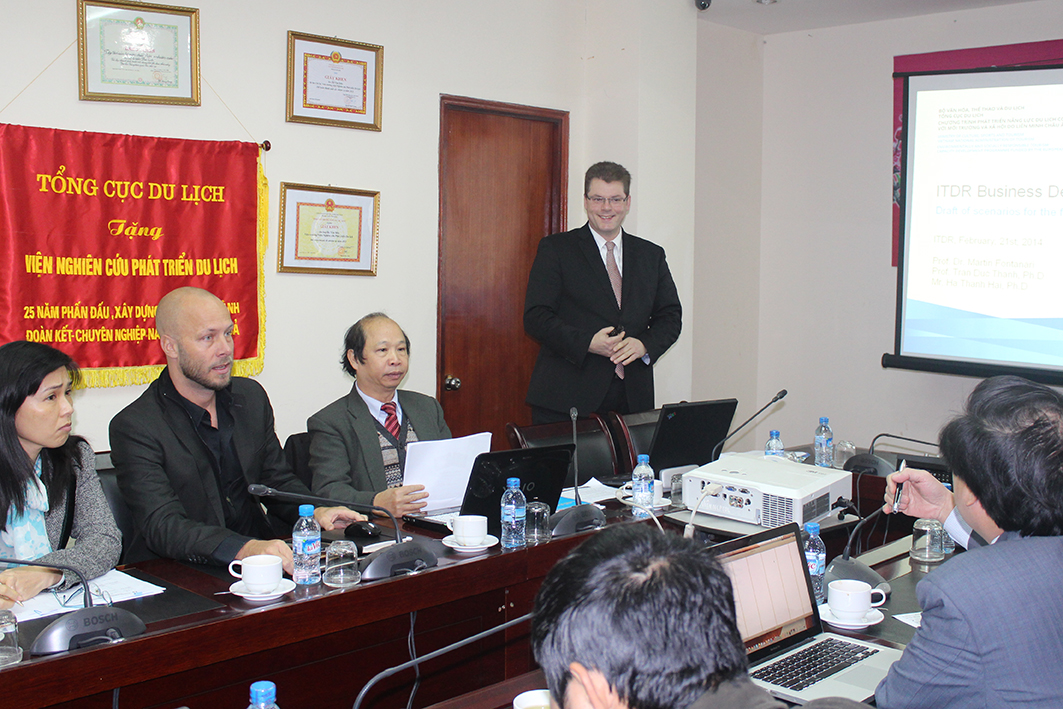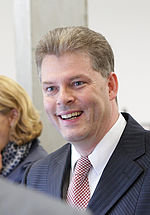Our hands-on method
The focus of our services is to transfer knowledge and a structured mapping of tasks and problem situations - to incorporate both "output oriented" into a solution or project development process.
Using the structured facilitation methodology this succeeds even in larger projects or management teams with up to 12 people. This ensures the pooling of available knowledge of different areas, offers a necessary project transparency, avoids misunderstandings between departments or hierarchical levels, and enables working together in one direction.
The mutual learning effect will be even more increased by allowing application-related discussions, case studies with analyses and reflections as well as feedback mechanisms which allow for sustained learning and understanding ("knowledge enhancement").

